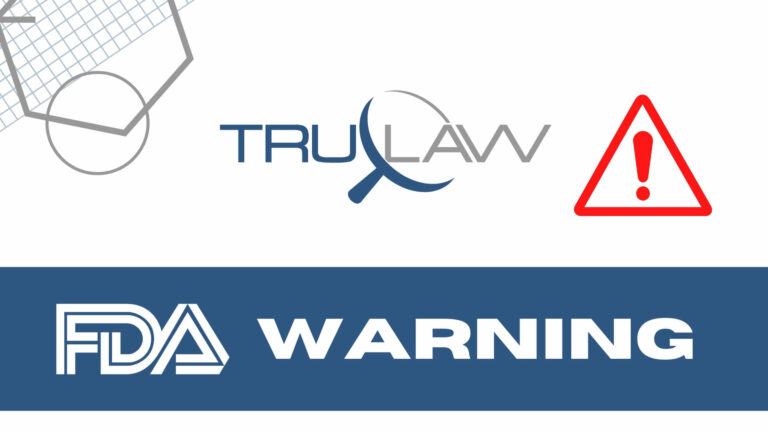
The U.S. Food and Drug Administration (FDA) is calling to attention a March 23, 2024 recall of Exactech joint replacement devices that were manufactured from 2004 to August 2021. Officials say a number of the devices (joint replacements for knees, ankles, and hips) came in defective packaging that lacked an oxygen barrier layer meant to keep the devices from oxidizing.
Oxidation, which occurs when the device chemically reacts with oxygen, can degrade the quality of plastics after a duration and cause the device to wear or malfunction at a faster rate; it can also lead to cracks and fractures in a component. These issues may end up requiring a patient to undergo corrective revision surgery, or put them at risk of bone loss, in the case of serious device wear.
Designed as a solution to the loss of normal structure and function of joints brought on by osteoarthritis, osteonecrosis, and rheumatoid arthritis, Exactech joint replacement devices are also used to reinforce other joint replacement devices that may have failed, but where there is enough remaining bone and soft tissue. Officials say the devices feature a plastic component which should have come protected in packaging containing several oxygen barrier layers, as instructed in the package specification. All Exactech joint replacement devices that came in packaging that lacked one of the necessary oxygen barrier layers was determined to have been compromised by oxidation and therefore recalled.
In the event that a large amount of oxygen from the air does make contact with the plastic (polyethylene) due to a defective bag before the device is implanted in a patient’s body, the heavily oxidized component may result in the following risks:
- “early and excessive device wear,
- component fracture,
- device failure,
- new or worsening pain,
- more bone loss,
- swelling in the affected area,
- or revision surgery” necessitated by the above issues.
Patients and healthcare providers alike should be made aware of the following recommendations:
- Surgery to remove otherwise well-functioning Exactech joint replacement devices is not advised by the FDA, especially if a patient does not suffer from pain or other symptoms.
- A patient should consult their healthcare provider if their implanted Exactech joint replacement device causes them to experience any new or increased levels of pain and/or swelling, difficulty in bearing weight, grinding noises or similar, as well as weakness near the site of the device.
- Using a device serial number, patients should check the online database of recalled knee and ankle devices to confirm whether their implant may be impacted.
- Healthcare providers should not move to implant any recalled knee, ankle, and hip devices.
- Patients with implanted Exactech devices manufactured during the affected time period should be monitored for “potential device wear, failure, or bone loss.” If an implanted device is suspected to have failed, an X-ray should be considered.
- Revision surgery should be discussed with patients on a case-by-case basis.
- All recalled devices should be identified and removed from inventory, then returned to Exactech.
- Both parties should stay aware of any recall updates.
Back in February 2022, Exactech’s voluntary recall was expanded to cover all Optetrack, Logic, and Truliant knee replacements, as well as Vantage total ankle replacements that came in defective bags, representing about 80% of the knee and ankle replacement devices back in 2004.
An Urgent Medical Device Correction was updated on April 7, 2022, as part of a Class II recall, regarding other devices recalled by surgeons, hospitals, and healthcare providers packaged in the compromised bags.
While the root cause remains unknown, GXL Liners for Novation, Acumatch, and MCS hip replacement devices were recalled because of “excessive and premature” wear.
In August of 2022, Exactech’s products hip replacement device recall was expanded to include hip devices featuring polyethylene components that came in compromised bags.
The FDA continues to oversee this recall at this time.
If you are experiencing pain or an adverse health outcome that can be traced to the use or improper use of a compromised joint replacement device, your case warrants attention. Our experienced attorneys at TruLaw would like to closely examine your case and help you fight for the compensation you need to aid in the best possible recovery. Learn more about how we can support you in the next steps by contacting us today or by trying out our free Instant Case Evaluation ℠.